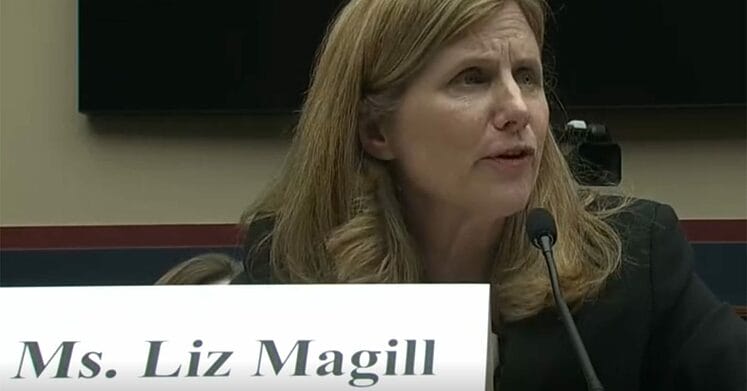
Constitutional expert Rob Natelson discusses his recent Epoch Times articles. He focused on his four-part series titled “What’s Wrong With the Universities and How to Fix It.” In the first part, Natelson highlights the widespread adoption of what he considers toxic cultural perspectives, primarily leftist views, in American universities. The second part delves into how radical individuals are increasingly influencing university operations. The third installment critiques the misuse of sports in universities, noting that many athletes at state universities are not actually from the state, misleading supporters. The fourth part proposes initiatives to help reverse the decline of universities. Additionally, Natelson discussed his latest piece, When a Court Vetoes the People: It Happened in Montana, which examines how Montana’s highest court has recently exercised a veto over what citizens can add to the state’s constitution, an action he sees as part of an effort to counter Conservative policies and influence.
Interview with Dr. Douglas Groothuis
In his latest book World Religions in Seven Sentences, Groothuis offers an outline of atheism, Hinduism, and Buddhism. He categorizes atheists into three groups: traditional atheists who outright deny the existence of any higher power, soft agnostics who remain uncertain about the existence of God, and hard agnostics who assert that it’s impossible to confirm or deny God’s existence. Hinduism, he explains, is characterized by the belief in a universal spiritual oneness. Buddhism, while deriving from Hinduism’s concept of oneness, distinguishes itself with the core belief that desire is the root cause of suffering.




Responses